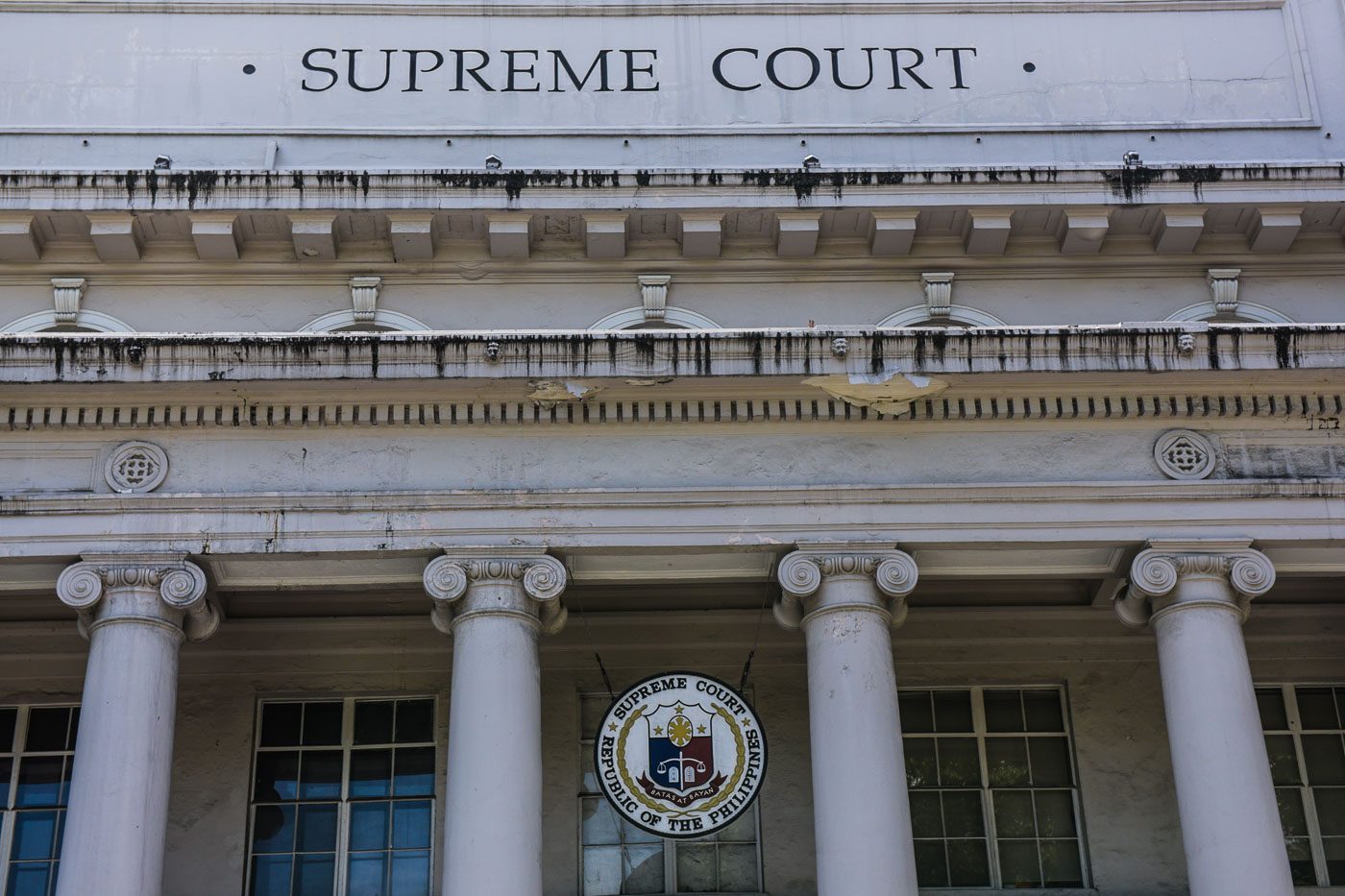SUMMARY
This is AI generated summarization, which may have errors. For context, always refer to the full article.

MANILA, Philippines – The Supreme Court (SC) has ruled in favor of oil companies Petron and Shell, barring the Bureau of Internal Revenue (BIR) from collecting P3 billion in supposed tax liabilities from the companies over the tax scam of the 1990s.
The SC’s First Division upheld an earlier ruling from the Court of Appeals (CA) that Petron and Shell were qualified transferees of tax credit certificates (TCCs).
A TCC is a company’s claim for tax credits, granted either to companies that manufacture exports or companies with tax refunds. The TCC can be used in lieu of paying taxes.
Authorities uncovered a fraud in the 1990s, involing companies that illegally transferred TCCs to another company.
Petron, for example, was implicated when investigators found that finance officials approved the transfer of TCCs from another company to Petron without legal basis and documentation. Former Patron executives have been cleared of graft charges.
Shell, for it part, acquired TCCs from other companies which were approved by the Department of Finance. Graft charges against former DOF officials remain pending.
The SC upheld the validity of Shell’s TCCs in 2008 and Petron’s TCCs in 2010. In the latest resolution, the SC said the case could not be relitigated.
“(The BIR) had failed to comply with the prescribed procedure for collection of unpaid taxes through summary administrative remedies and, thus, violated respondents’ right to due process,” said the First Division in a resolution penned by Chief Justice Teresita Leonardo De Castro.
Under the tax code, the collection of unpaid taxes should go through a proper process. The SC said the BIR issued warrants of garnishments against the two companies without coming up first with a valid assessment.
“Absent a previously issued assessment supporting the 1998 and 2002 collection letters, it is clear that petitioner’s attempts to collect through said collection letters as well as the subsequent warrants of garnishment and distraint and/or levy are void and ineffectual,” the SC said.
The BIR had contested the transfer of TCCs to Petron and Shell because the two companies were not qualified.
The BIR said that the two companies were not valid TCC transferees, because the fuel that they supplied to their transferors did not constitute domestic capital equipment or raw material or component to the transferors’ finished products.
At the Court of Appeals, the transfer of TCCs was found to have been done in good faith. – Rappler.com
Add a comment
How does this make you feel?
There are no comments yet. Add your comment to start the conversation.